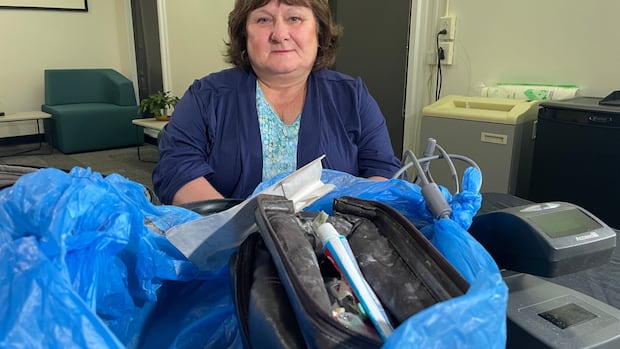Experts Warn of Serious Privacy Risks Associated with Period Tracker Apps

Women are facing alarming privacy and safety risks when using period tracker applications, according to a group of experts from the University of Cambridge. In a revealing report published by the Minderoo Centre for Technology and Democracy, the researchers highlighted how these apps collect a wide array of personal information. This data includes sensitive details about users’ exercise routines, dietary habits, medication usage, sexual preferences, hormone levels, and contraception methods. Such extensive data collection raises serious concerns regarding the potential commercialization of this information, which could be 'sold at scale,' leading to significant risks and harms for the individuals who use these apps.
Dr. Stefanie Felsberger, the lead author of the report, emphasized the gravity of the situation, stating, 'There are real and frightening privacy and safety risks to women as a result of the commodification of the data collected by cycle tracking app companies.' The implications of this warning are profound, as the menstrual data harvested by these applications can reveal crucial insights into women's health and reproductive choices. This makes the apps that gather such information a 'gold mine' for businesses engaged in consumer profiling and targeted advertising.
The report further indicated that many women turn to these apps with the intention of tracking ovulation or other fertility-related metrics, often during their journey of trying to conceive. This shift in user behavior leads to the emergence of a highly sought-after demographic: individuals who are pregnant or actively seeking pregnancy. Consequently, data on these users is becoming increasingly valuable in the realm of digital advertising, as companies look to tailor their marketing strategies to this specific group.
The researchers elaborated on the lucrative nature of cycle tracking applications, noting that they yield access to extremely valuable and finely detailed user data. This data is not only commercially prized but is also often shared with a network of third parties, thereby putting intimate user information at risk of being exploited for targeted advertising. The report stressed that this situation can lead to severe security risks for app users, underscoring the need for stronger protections.
Among the grave concerns highlighted by the experts is the potential for health insurance discrimination, where personal data could compromise individuals' access to fair coverage. Moreover, there are risks that such sensitive information could affect job prospects or, in even more serious scenarios, expose women to domestic abuse if the data falls into the wrong hands.
To mitigate these threats, the report calls for enhanced regulation within the 'femtech' industry, which encompasses technology aimed at women’s health. The authors advocate for improved data security measures and the establishment of 'meaningful consent options' in these applications. They also urge public health organizations to consider launching alternative solutions to the commercial period tracking apps currently dominating the market.
The popularity of period tracking apps has surged globally, with estimates indicating that the three most widely used applications have amassed a staggering 250 million downloads. This trend reflects a growing awareness of women’s health issues, but it also brings to light the urgent need for safeguarding personal data against potential exploitation and misuse.




























